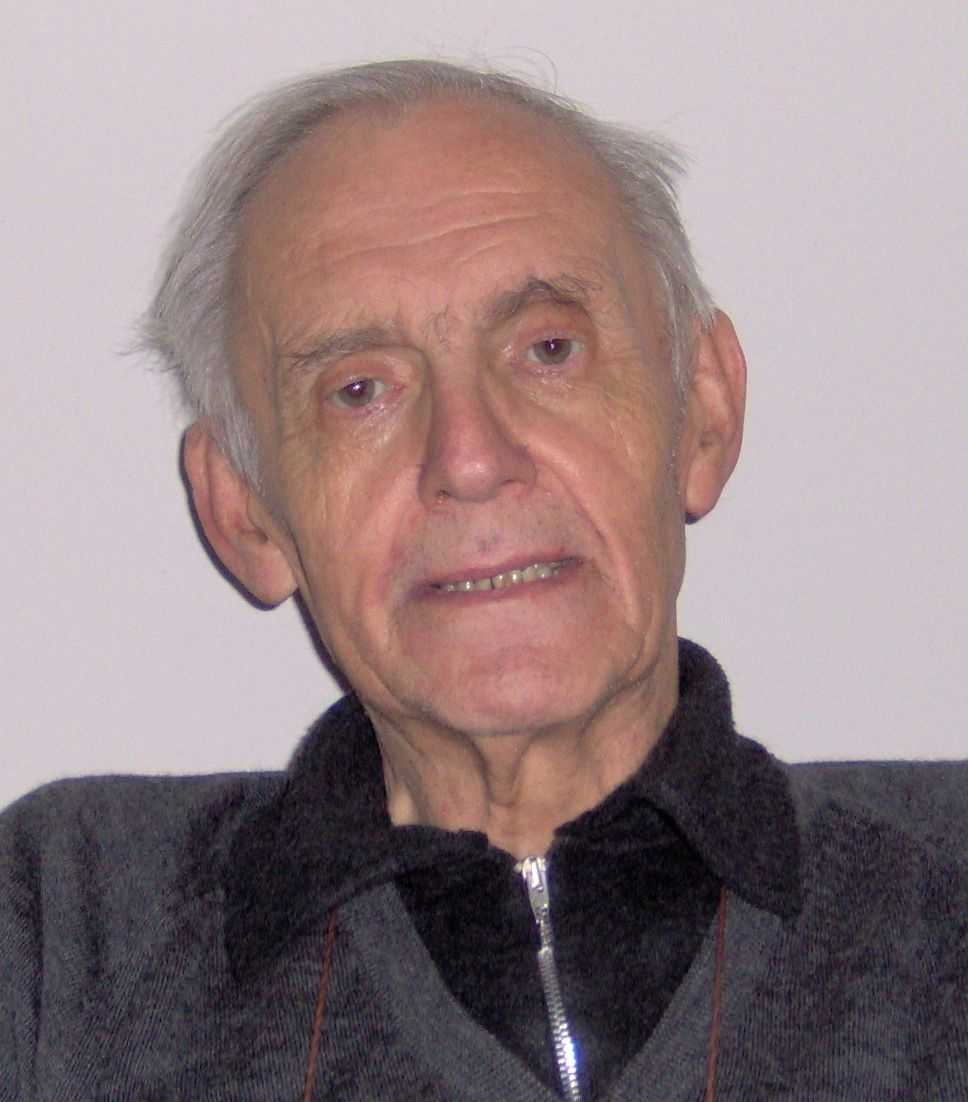Daniel Comboni
Comboni Missionaries
Institutional area
Other links
Newsletter
In Pace Christi
Trabucchi Vittorio
Like his brother Sandro (†), younger by two years, and also a Comboni priest, he grew up in a family of deep faith, something which stayed with him all his life and which sustained him especially during his 32 years of great physical pain.
His family was large and its members were very close. He went to the Comboni junior seminary and did his novitiate at Gozzano where he took his first vows in 1950 and perpetual vows in 1956. After his scholasticate, he spent a year altogether in the houses of Rebbio, Sunningdale, Thiene and Venegono respectively and was ordained priest on 15 June, 1957.
He was then sent to Uganda and worked in the missions of Arua-Ediofe and Adumi in West Nile. He took part in the Renewal Course in Rome (June 1971 – June 1972) and then returned to Uganda and the mission of Arivu, always in West Nile.
At Arivu, he began to feel strong and continual pains in his shoulders, his arm and in his side. He returned to Italy where tests showed he had suffered an aneurism in the left side of his heart. He was transferred to the Italian province and there he spent the rest of his life: at Verona, Venegono (1977 – 1991), Rebbio (1991 – 1999), Gordola (1999-2001) and Milan. Fr. Vittorio died in Milan on 28 April, 2009.
Referring to his illness, Fr. Vittorio wrote to Fr. Tarcisio Agostoni, the Superior General at the time, on 12 October, 1977: “I thank the Lord and live in the certainty that, after what happened to me, I am still alive only because Fr. Bernardo Sartori obtained this grace for me from the ‘Mother of the Church’ of Arivu”.
In his homily on the day of the funeral, Fr. Lino Spezia describes something of the personality of Fr. Vittorio.
“He was a missionary who never gave up, especially as regards his pastoral work. He was available, a man who consumed himself and all his energy in his priestly ministry, regardless of the danger to his physical well-being. He lived out his belonging to the Comboni Institute and his Comboni identity by enriching others with his missionary spirit and being enriched, in his turn, by his many experiences with groups dedicated to renewal in the Spirit, with the members of groups who organised pilgrimages to Lourdes and with pilgrims going to Medjugorie.
He was a man who loved the Word and the Liturgy, one who became agitated when tried by suffering but regained inner peace by placing his entire self before God. I came across some of his writings, a kind of diary which enabled him to say in writing what he could not express verbally. Three things struck me personally: the words thank you which he found it hard to say to people but which often appear in his diary; his way of speaking to the Lord with such confidence and familiarity; his handwriting which became a scribble when he was gripped by pain and was unable to write clearly”.
Da Mccj Bulletin n. 242 suppl. In Memoriam, ottobre 2009, pp. 14-17.

